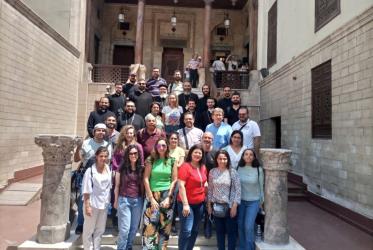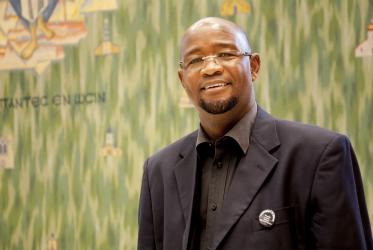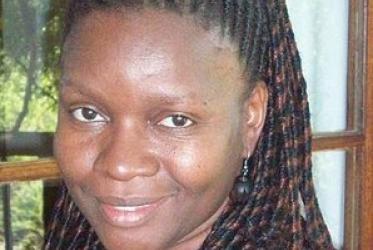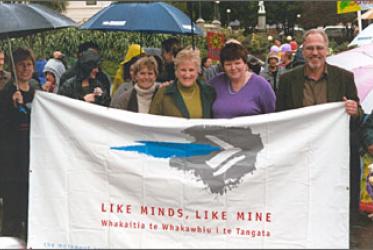Displaying 1 - 17 of 17
Bossey transforms the life of ecumenical students
29 January 2019
WCC conference explores ecological injustice in Uganda
21 April 2016
Theologian explores emerging model of empowerment and diakonia
17 December 2015
Basel University honors Ghanian Methodist theologian
09 December 2015
Churches need to do more to tackle HIV and AIDS
23 June 2015
Living with God in the context of HIV and AIDS
27 February 2013
CWME invokes new understanding of mission and evangelism
22 March 2012
Christians are "called to care for creation"
11 August 2010
New WCC focus on mental health
26 January 2007
December 2004
23 November 2004









